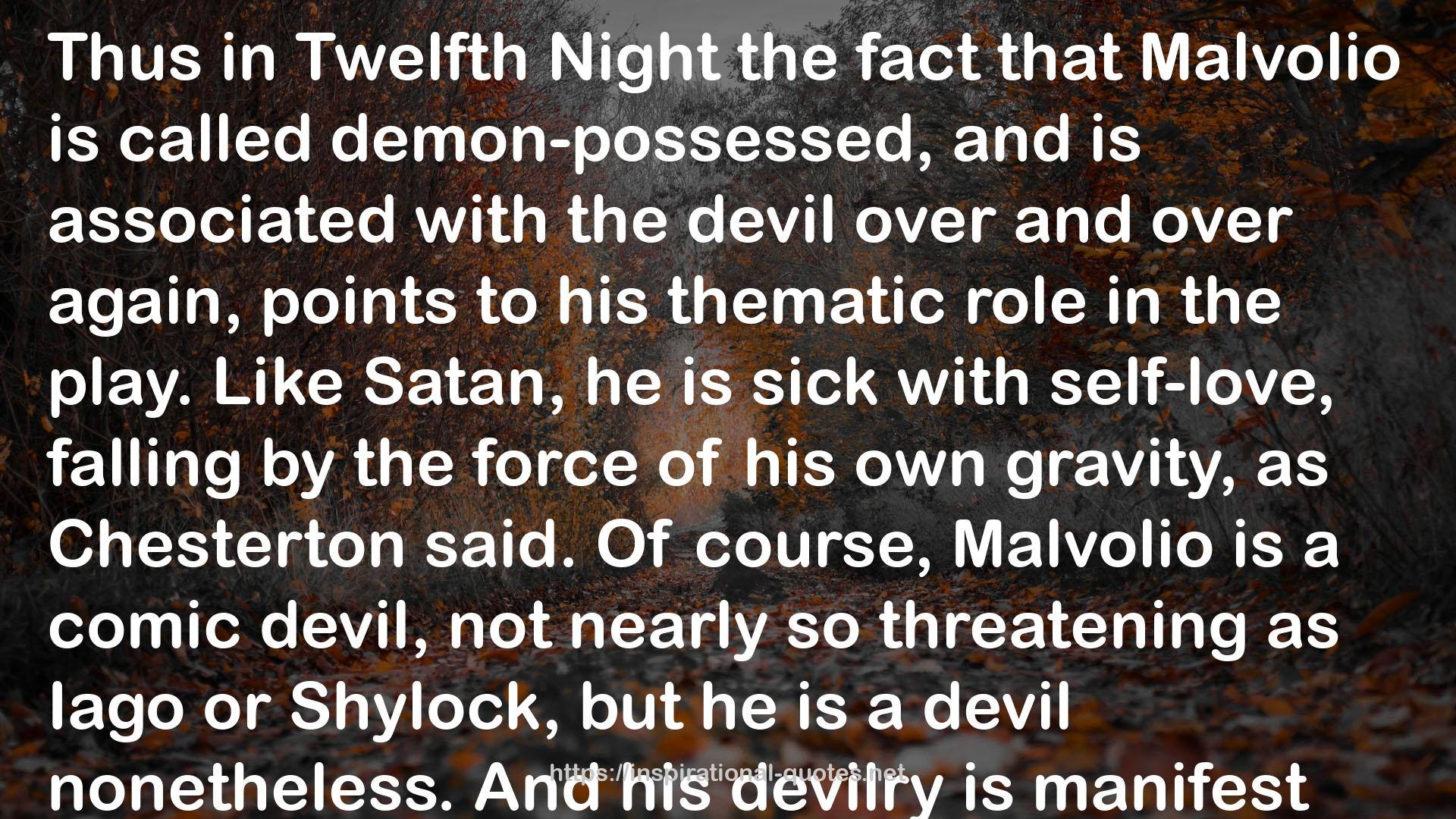Deep Comedy: Trinity, Tragedy, & Hope in Western Literature QUOTES
SOME WORKS
- Fandom (Famous, #3)
- مریض Ill
- Confined Desires (Rehoboth Pact #1)
- Oracle Incarnate: A book of inspiration, short stories, prose, and revelations.
- Strength Check (Dungeons and Dating #1)
- The Consequence of Anna: An Epic Family Saga About Love, Friendship, Obsession, and Madness
- The Hummingbird's Sayang
- Your So-Called Life: A Guide to Boys, Body Issues, and Other Big-Girl Drama You Thought You Would Have Figured Out by Now
- Exquisite (Exquisite, #1)
- All My Sons

